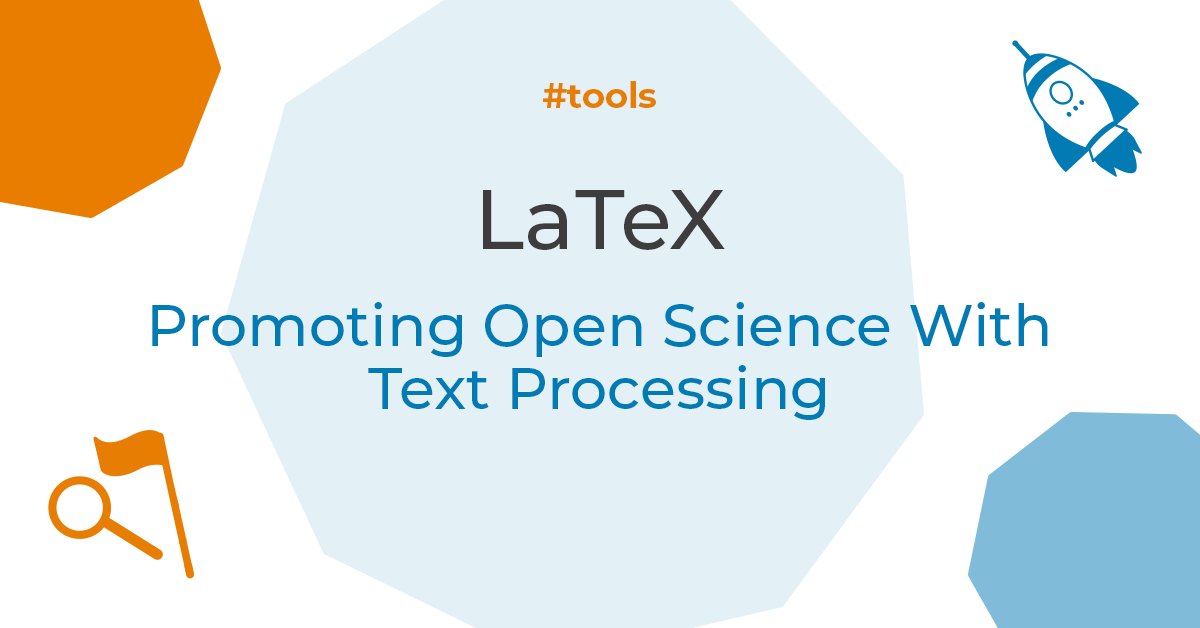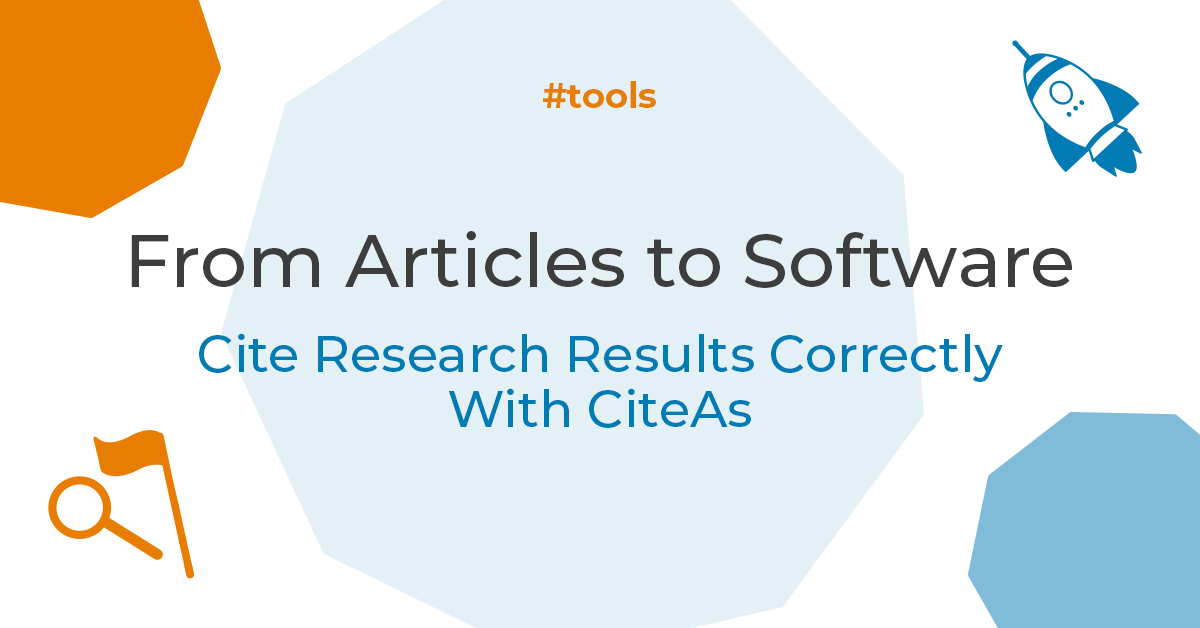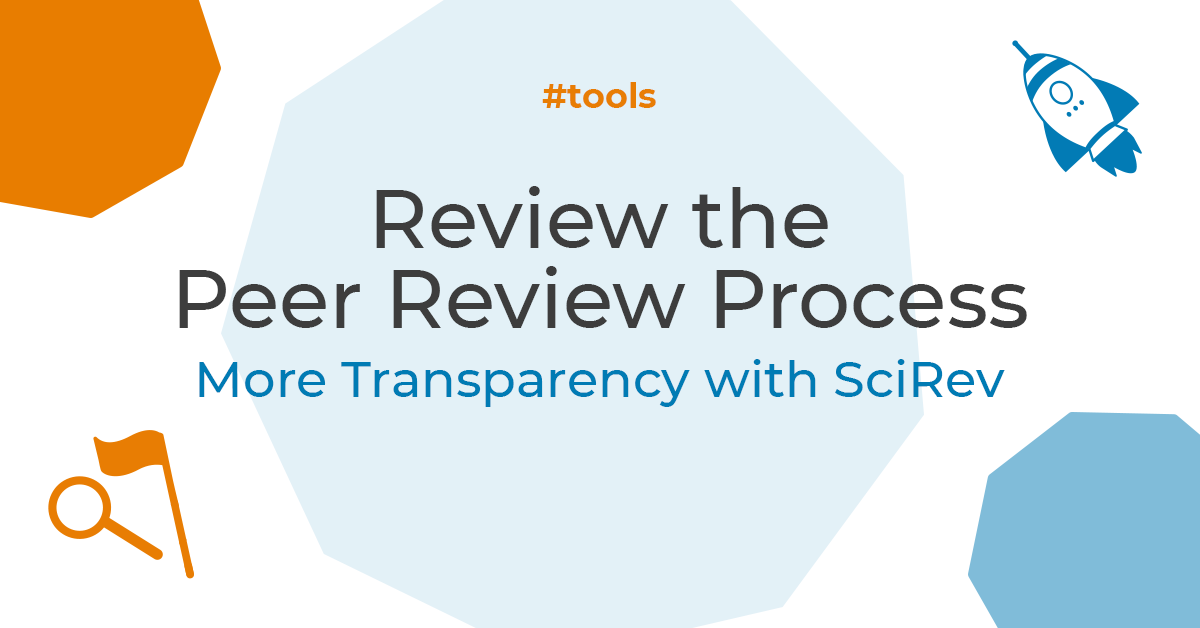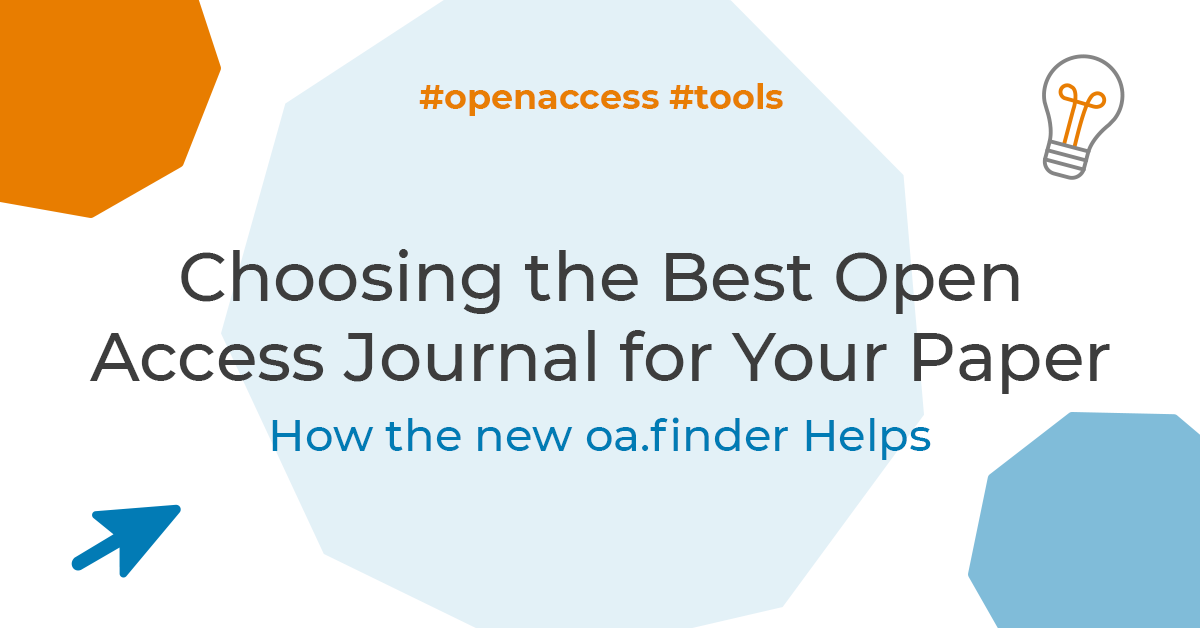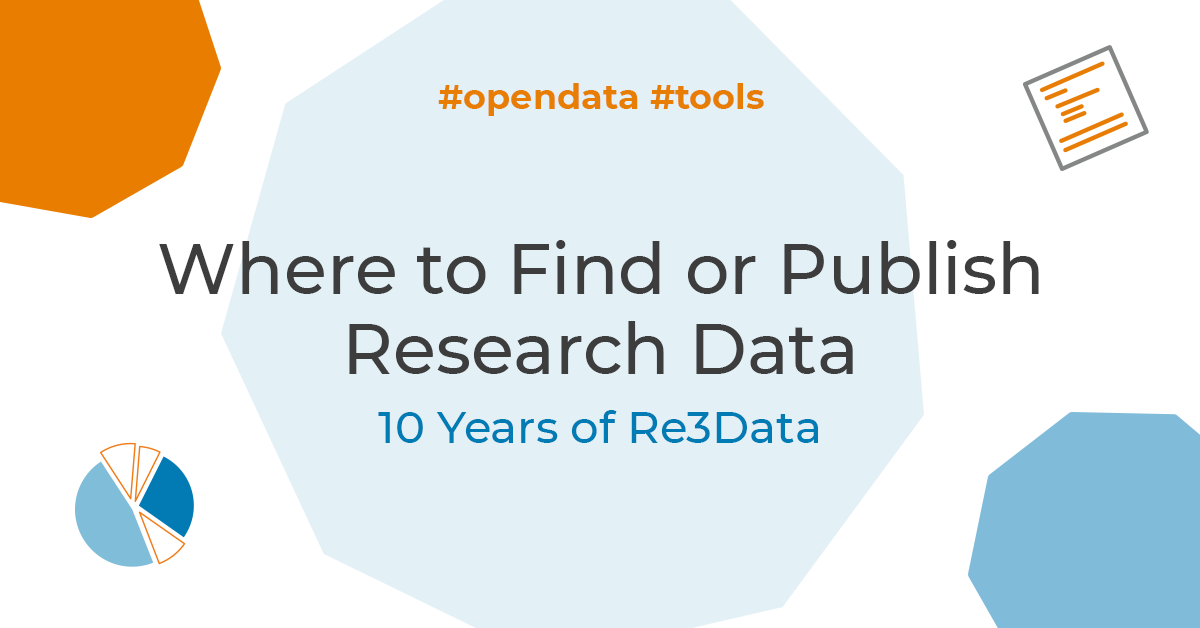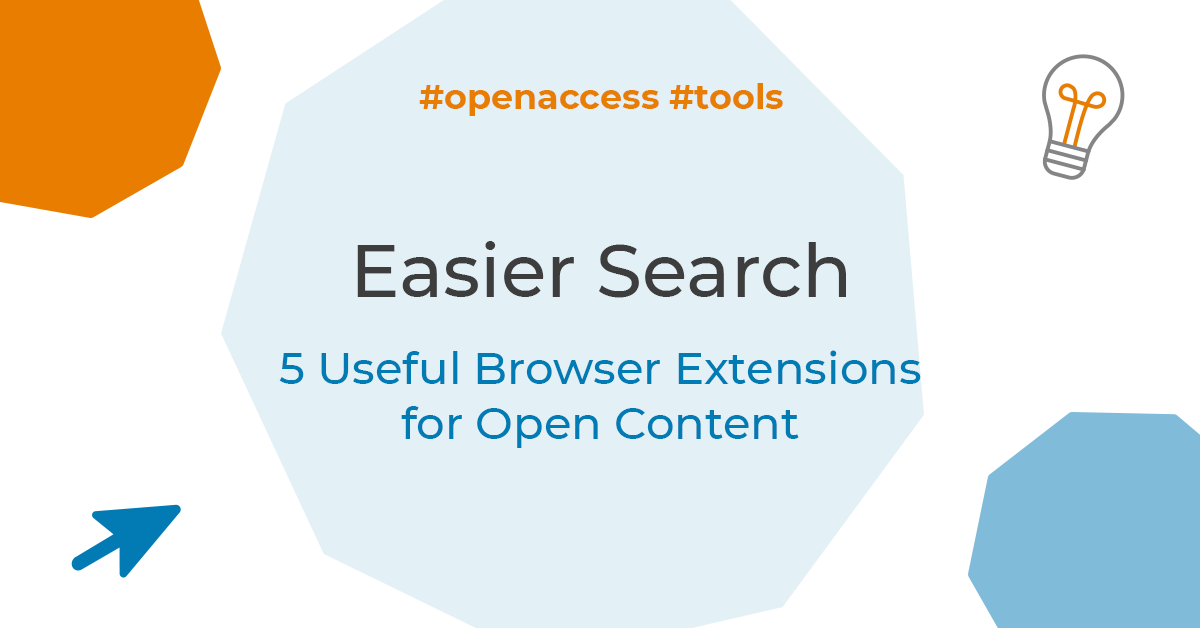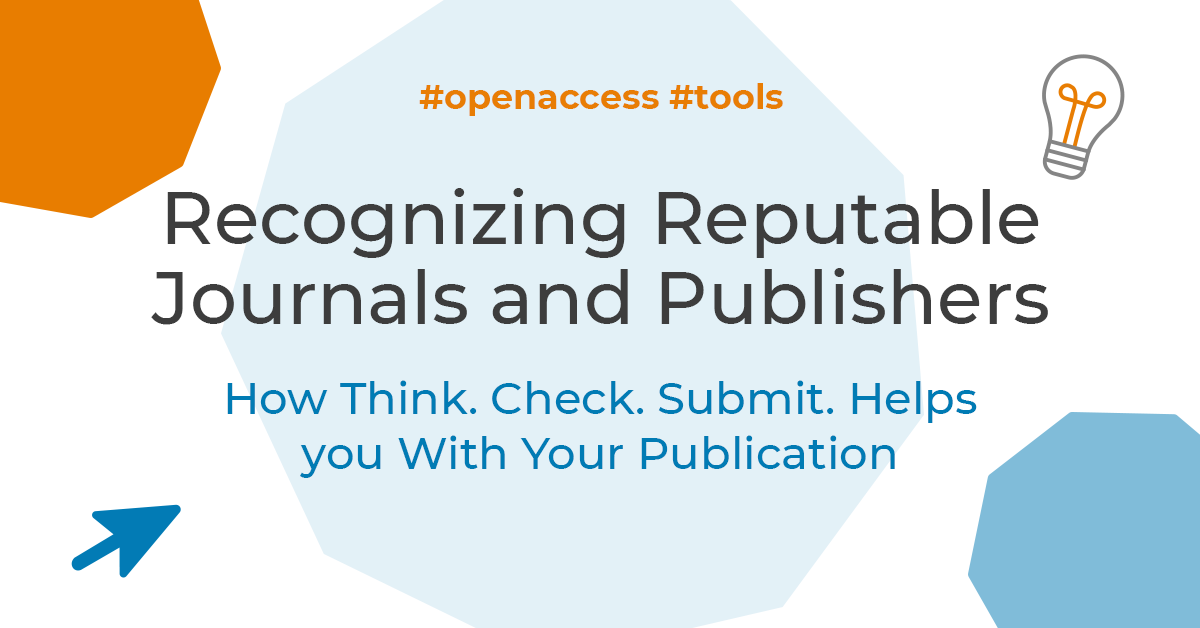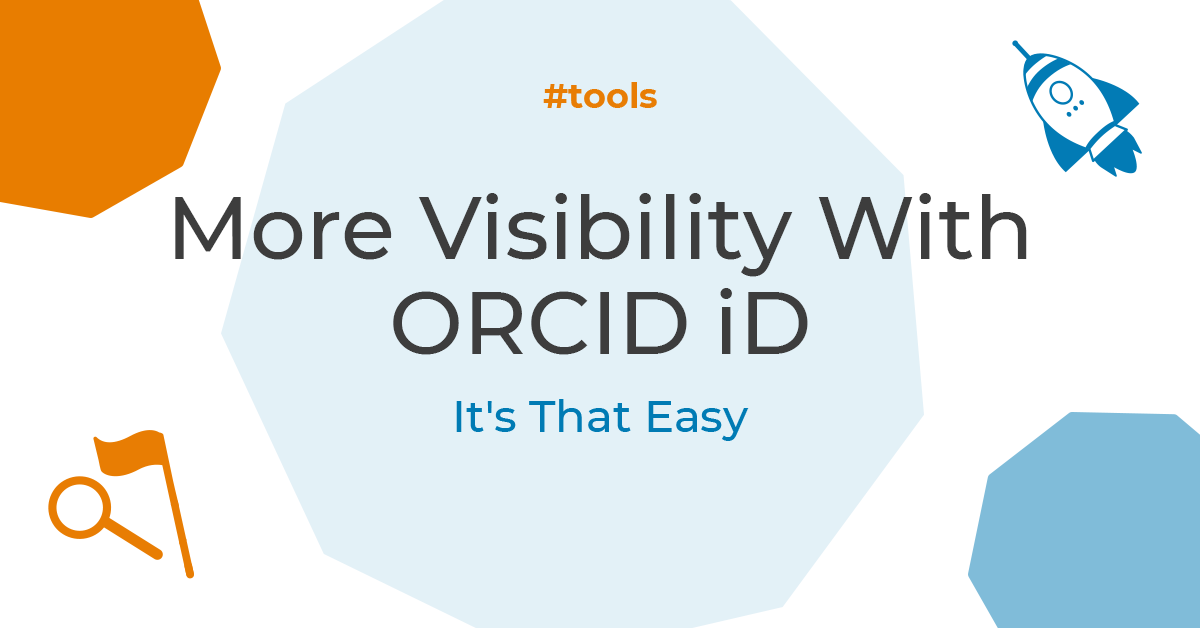LaTeX: Promoting Open Science With Text Processing
LaTeX helps researchers in business studies and economics to design complex research papers, reports and presentations professionally. Read about the advantages LaTeX offers in terms of Open Science and how to get started in the blog post. LaTeX is a text processing system designed for creating scientific and technical documents. Unlike traditional word processors such as Microsoft Word, it is based on a markup language whose focus is on content rather than design. LaTeX allows authors to define the structure of their document and format the text using simple commands. Advantages of LaTeX Among the advantages of LaTeX are: In […]
